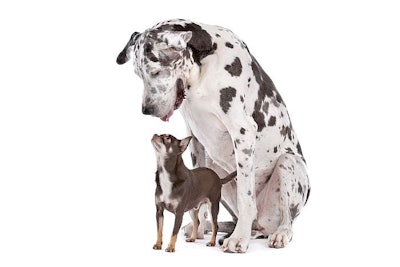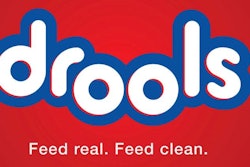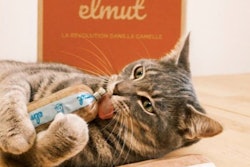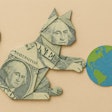
Motivations behind choosing a specific pet food brand vary by pet owner, and the current economic situation influences those intentions to buy. In the report “The Brand Balancing Act,” NeilsenIQ analysts identified several specific types of shoppers in the complicated environment of the U.S. consumer packaged goods market.
Agnostic brand buyers give little consideration to brand. They made up 41% of the population of U.S. consumers surveyed by NielsenIQ in May 2022. Translating to pet food, these could be dog and cat owners who don’t consider the parent company of their pet food brand. These pet owners may respond to other cues, such as product claims though.
Unintentional small brand buyers will choose companies with smaller annual revenues when it’s convenient. These pet food buyers would be tempted by a small-scale, local dog food brand’s products if they saw them readily available at a retailer or online, but the dog owner might not go to much trouble to find the brand. Unintentional small brand buyers made up 26% of the NielsenIQ survey group.
Exclusive small brand buyers claim to buy from the little guy, preferring smaller companies behind products they buy. They were 12% of the survey group. As pet food customers, they would go out of their way to find a preferred dog food brand from a specific small-scale producer. On the other side, there are exclusive large brand buyers, making up 21% of the surveyed U.S. consumers. This group correlates to pet owners who prefer brands made by Mars Petcare, Purina PetCare or another of the companies with some of the highest annual revenues listed in Petfood Industry’s Top Companies Current Data.
“With such narrow margins to spare in managing the branded balancing act, small and medium-sized businesses cannot afford to waste resources trying to appeal to core consumers,” Lauren Fernandes, global director of thought leadership at NielsenIQ, wrote in the report.
Value-minded pet food shoppers
However, in the current economic situation, many pet owners may be considering price, regardless of their brand loyalty. In NielsenIQ’s survey, 93% of respondents said providing value for their money was important. Although value was important, differences still emerged among shoppers who look for large versus small companies selling the brands they buy.
“Exclusive large brand buyers are more likely to prefer shopping online to get better deals (32%) and buying larger/economy sizes of their products of choice (27%),” Fernandes wrote. “Comparatively, exclusive small brand buyers are more likely to opt for private label/store brands (17%) and buy in smaller pack sizes to save money (15%).”
While the survey considered a wide range of goods consumers’ buy, some of these tendencies may be manifesting in the pet food industry. For example, pet owners seem to be opting for smaller sized bags of preferred pet food brands.

















